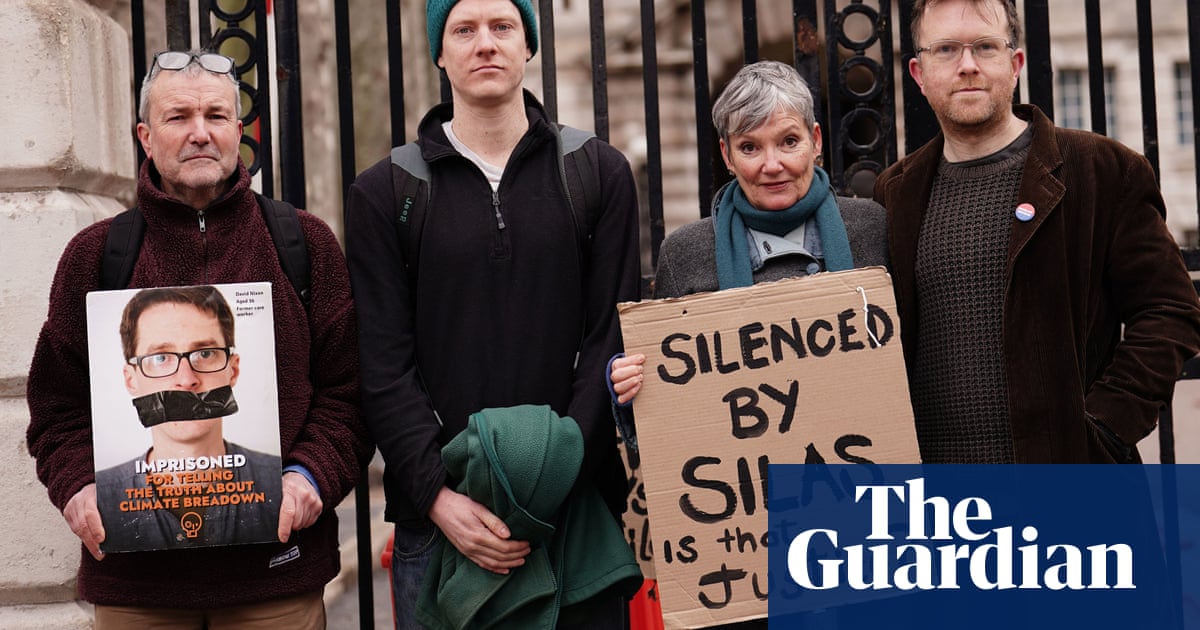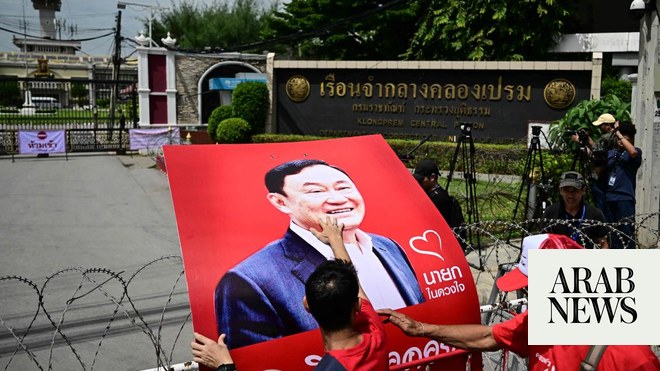
A judge has jailed an Insulate Britain protester for five weeks after he vowed to return to the streets to carry out more disruptive protests if he was not sent to prison.
Stephen Pritchard, 63, was one of the first four Insulate Britain defendants to be sentenced for causing public nuisance over their campaign of disruptive “civil resistance” protests on major roads in 2021.
He told Judge Reid before sentencing: “I consider peaceful civil resistance to be the most responsible thing I can do.”
He added: “The only possible way I could imagine stopping peaceful civil resistance in this context is for you to tell me that this country has stopped pumping greenhouse gases into the air.
“I am well aware of what prison is like. I have been to prison. It is not a very nice place. I feel like I’m already a prisoner of my conscience.”
Jailing Pritchard, Reid said: “It does not aggravate your case that you have no remorse. In fact none of the four defendants here have any remorse in the proper sense of the word. It does not aggravate your case that you intend to involve yourself in what you call civil resistance in the future. It does mean, though, that it is not appropriate for me to suspend the inevitable sentence of imprisonment.”
Pritchard, Ruth Cook, 71, Roman Paluch-Machnik, 29, and Oliver Rock, 42, were found guilty in January of causing a public nuisance for blocking the road at Cranford Parkway on the M4, near Heathrow airport in west London.
Cook, Paluch-Machnik and Rock all received sentences of six weeks, suspended for 18 months, orders to undertake 100 hours of community work, and £128 surcharges. Cook, a company director, was also ordered to pay £3,500 costs. All the defendants had previous convictions for climate activism.
The court heard the journeys of thousands of people were likely to have been disrupted by their protest on 1 October 2021. The convictions came after four others were acquitted in an earlier trial for taking part in the same protest.
Supporters of the Insulate Britain campaign staged dozens of disruptive roadblock protests on motorways and other busy roads around London and the south-east in autumn 2021, demanding the government launch a programme to insulate the homes of the country’s poorest people.
Reid had ruled the defendants could not mention climate change or the cost of living crisis to the jury, on the basis that it was irrelevant to the case against them, but he allowed them to speak of their motivations in mitigation before sentencing. Pritchard criticised the rulings as “amoral” and “irrational”.
Rock, a carpenter, added: “There is going to be no water and no food in the next few decades. We are going to wish more people had the courage to act like Stephen. Everybody knows we are in deep trouble, and why are so few people taking it seriously?”
Cook was further sentenced for criminal damage in relation to a trial at Southwark crown court, receiving a conditional discharge for 18 months.












